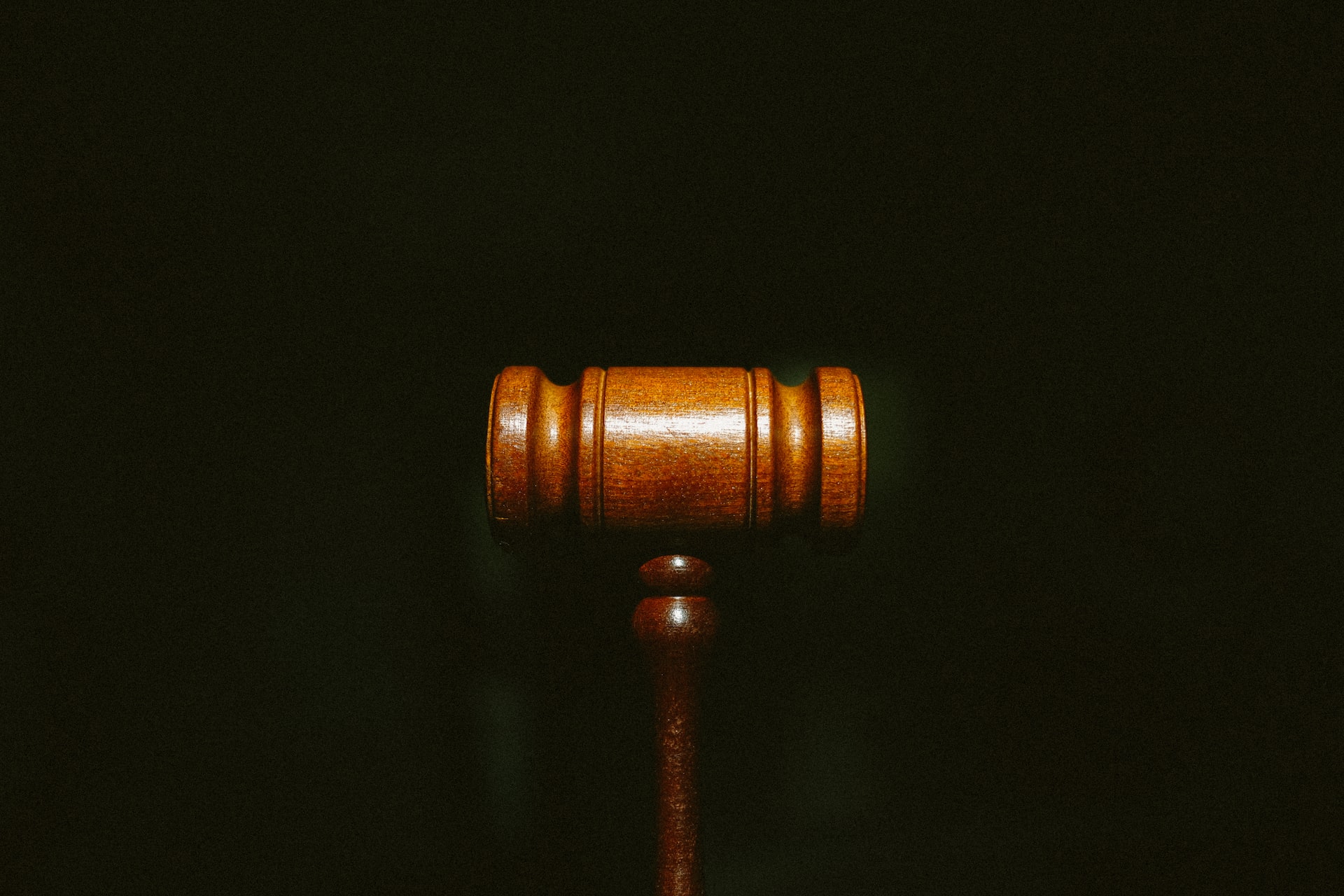
Acts that deliberately offend any class’s religious sentiments by disparaging their religious beliefs and practices are punishable under Section 295A of the Indian Penal Code (IPC). This provision was created in 1927 to ensure religious unity in India’s unique socio-cultural fabric and to address the developing intercommunal tensions.
section 295a ipc: About
The Indian Penal Code (IPC) penalizes acts that are knowingly and intentionally committed with the intent to offend the religious sensibilities or values of a certain group, under Section 295A. section 295a ipc is essentially India’s blasphemy law, making it illegal to disparage religious beliefs or concepts by signs, written or spoken words, or visual aids.
- An insult to a religion, its tenets, or its adherents must be the conscious result of malevolent intent.
- It must be obvious that the targeted group is being insulted or disrespected. Basically, there needs to be concrete evidence that the perpetrator meant to hurt the targeted group’s religious feelings.
- Whether the offense is expressed orally or in writing, through gestures, visually, or through any other comparable methods, it is punished.
Section 295a ipc punishment
- The offense under this section is punishable by a term of imprisonment that may be prolonged to three years, a fine, or both.
- It is also non-bailable and cognizable.
- The Judicial Magistrate of First Class will try the crime.
religious beliefs under Section 295A: Important Case Laws
Shah Rukh Khan’s case based on a scene from the film Zero
- A lawsuit against Shah Rukh Khan and the “Zero” film crew was filed in the Bombay High Court in 2018 due to a sequence that was reportedly offensive to the Sikh community religious practices.
Mahendra Singh Dhoni was the target of a FIR because of a magazine cover.
- When Mahendra Singh Dhoni appeared as Lord Vishnu on a magazine cover with the tagline “The God of Big Deals,” a FIR was filed against him in 2017.
The dubious impression of Kiku Sharda
- Character Kiku Sharda from Comedy Nights with Kapil was imprisoned in 2016 after he impersonated Gurmeet Ram Rahim Singh and hurt the religious sentiments of his devotees.
Salman Khan’s tirade against Muslims
- In 2014, Salman Khan faced allegations of offending Muslims’ sentiments, leading to the filing of a case against him according to Section 295A of the Indian Penal Code.
The detention of Ravi Shashtri for allegedly consuming beef
- Another instance is the arrest of Ravi Shastri, who was accused of offending people by eating beef and saying that, despite being a Brahmin, he could not resist doing so. Remarkably, following hearings, all of the defendants in the aforementioned cases were found not guilty. The aforementioned instances demonstrate how petty reasons are employed to book someone under the contentious clause.
Supreme Court on religious sentiments under Section 295A
- In the 1957 case of Ramji Lal Modi vs. State of UP, a constitution bench of the Supreme Court affirmed the validity of the law.
- The Court decided that insulting or attempting to offend the religious beliefs of any class of individuals or religion is not punishable under Section 295A of the IPC.
- The Court issued a warning, stating that this rule only applies to acts of insult or efforts to insult.
- if they are carried out with the malevolent goal of deliberately offending that class’s religious sensibilities.
- The Court went on to say that only grave offenses against religion intended to disturb public order would be covered by this clause.
The Indian judiciary has played a pivotal role in delineating the extent of Section 295-A and implementing its enforcement in a way that preserves fundamental constitutional values such as religious liberty, freedom of expression, and the rule of law. Despite obstacles and criticism along the road, the court has proven its dedication to these principles by issuing precedent-setting decisions and continuing to strive toward striking a balance between conflicting interests.
The importance of the Indian court in maintaining constitutional values cannot be overstated. By applying these ideals to the interpretation and enforcement of statutes such as Section 295A, the court may help guarantee that India remains a democratic, varied, and tolerant country for future generations.
Section 295A IPC FAQs
- What is the misuse of 295A?
First off, not all insults are punished by 295A. Second, there must be evidence of a malevolent and purposeful attempt to incite religious sentiment. Thirdly, punishment is limited to offenses against religion. Finally, there must be a propensity for the heightened form of insult to disturb public order.
- Is Section 295A IPC compoundable or not?
It is a law in India against hate speech. Blasphemy against any religion is illegal in India according to this law. It is a cognizable, non-bailable, and non-compoundable offense to violate Section 295A.
- What is the constitutional validity of Section 295A?
In “Ramji Lal Modi v. State of U.P.,” a 1957 Supreme Court Constitution Bench affirmed the validity of the aforementioned law. The Court ruled that no act of insulting any religion or the religious beliefs of a class of individuals is punishable under Section 295A IPC.
- What are the ingredients of Section 295A?
- The accused is required to disparage or make an effort to disparage any class of Indian nationals’ religion or religious beliefs.
- It must be the purposeful and malicious intent of the abovementioned insult to offend the religious sentiments of the aforementioned class of persons.
- What is the blasphemy law 295A?
In India, Section 295A is known as the “blasphemy law” since it makes it illegal to disparage religious beliefs or concepts by written or spoken words, visual aids, or signs.
- What is the difference between Section 295A and 298?
The offense covered by section 295A is more serious than the one covered by section 298. Only intentional and malicious acts that offend a class of people’s religious beliefs are punishable under Section 295A. It is possible to define someone as acting maliciously when they intentionally cause harm to another person without having a valid reason.
- What is the history of 295A?
When 295A was passed in 1927, it was a place where late colonial parliamentarians were experimenting with the emerging idioms of Indian secularism. It was an explicit and precise attempt to secularize the English common law of blasphemy by making it religiously neutral.
- What is the punishment for religious discrimination?
The offense is punishable by law and has a maximum sentence of three years in prison, a fine, or both. Nonetheless, the penalty for committing an offense in a house of worship has been increased to a maximum of five years and a fine.
- What is the IPC for religious conversion?
Sections 295 A as well as 298 of the Indian Penal Code, which deals with the malicious and deliberate purpose of damaging the religious emotions of others, now make forced conversion a punishable offense. They risk a fine and a maximum three-year jail sentence.
- What is religious crime in India?
It is illegal, as per Section 295A of the Code, to intentionally and cruelly disparage the religion or religious beliefs of any Indian citizen or their religious community. The insult could have been conveyed using written or spoken words, signs, visual aids, etc.
- What is the main cause of religious prejudice?
Similar to other types of intolerance and prejudice, religious intolerance and prejudice are probably the result of the way that human brains interpret perceived threats, the emotions that follow, the defense of one’s worldview, and the capacity for self-control.
- Which Online rjs coaching is best for RJS preparation?
The reputable Jaipur Online rjs coaching program “Jyoti Judiciary Coaching” aids students in getting ready for the RJS exam. A systematic approach to RJS test preparation is made possible by Jyoti Judiciary, the top offline and online RJS coaching program in Jaipur. Their curriculum has been carefully designed to cover all the subjects and courses required for passing the Rajasthan Judicial Service Examinations.
- Which coaching is best for judiciary?
The most effective judiciary coaching in Jaipur is provided by Jyoti Judiciary Coaching. The objective is to create a comfortable learning environment for the students. It makes the difficult task seem easy, which increases the likelihood of achieving the desired outcome. The objective at Jyoti Judiciary is to give students the best possible education possible. The Institute pledges to use every resource at its disposal to provide you with the finest preparation for the Judicial Services entrance examinations.
With the goal of giving students the best coaching available for law entrance exams including the CLAT, AILET, and various other numerous state judiciary exams, Jyoti Judiciary Coaching, India’s Finest educational Platform, was established. Come enrol now with Jyoti Judiciary!
For any latest news, legal topics, judiciary exams notifications, patterns, etc watch Jyoti Judiciary’s YouTube channel for legal videos for any updates at https://youtube.com/@jyotijudiciarycoaching4852?si=2cwubh9d2A9urwJf









